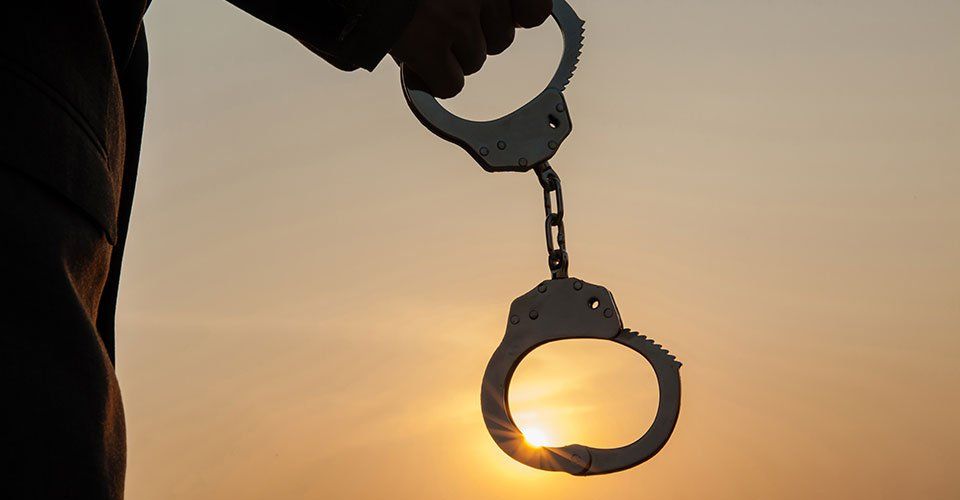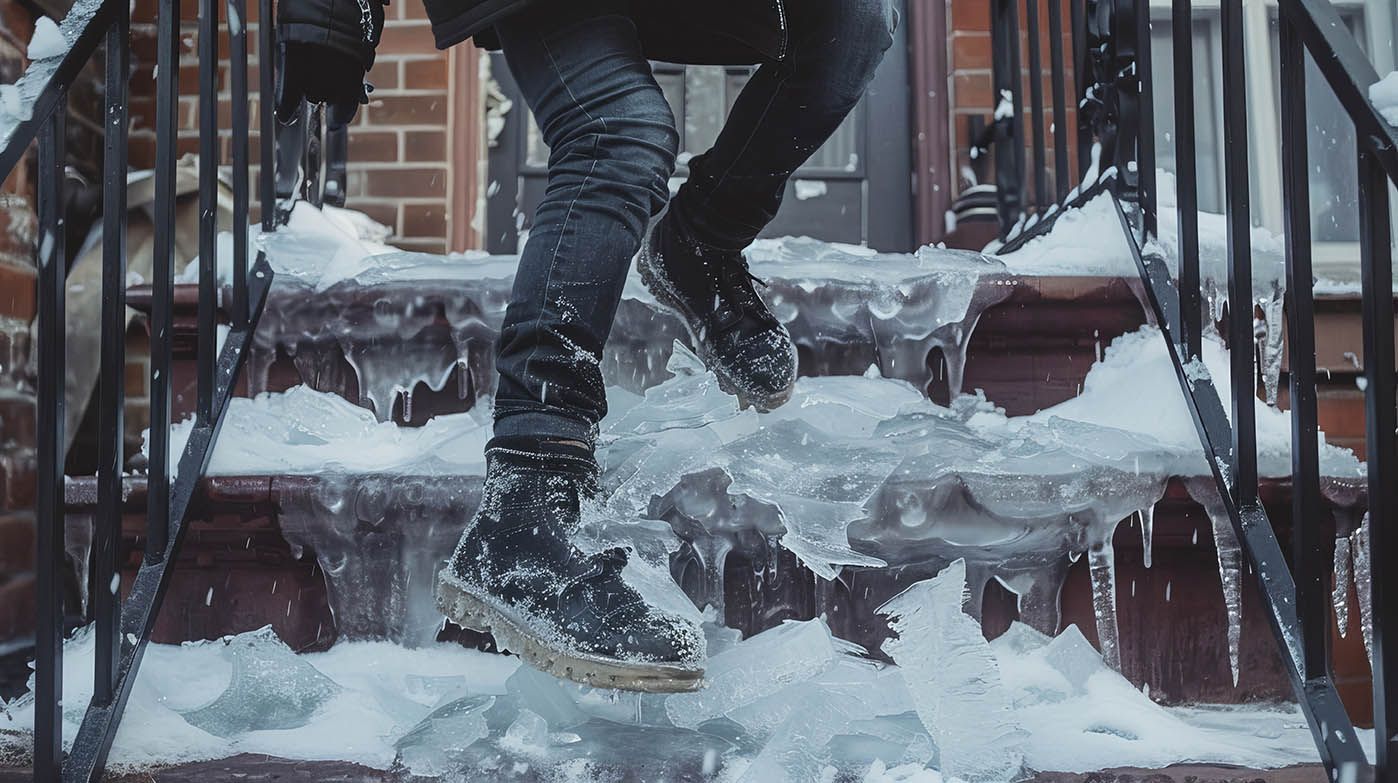BLOG
Common Scenarios When Criminal Charges Are Dropped

Not every person that faces criminal charges will need to appear in court or enter a plea. In fact, criminal charges are dropped before a case reaches the court far more often than most people realize. If you’re facing criminal charges, you’ll want to know if there’s a chance that your case may be dropped, or possibly dismissed. While only the prosecution can move to have charges dropped, there are certain circumstances surrounding a case that will increase the chance that they will do so.
Why Prosecutors Will Consider Dropping Charges
When a prosecutor takes on a case they are burdened with the responsibility of proving guilt beyond a doubt. They are there to protect and serve their client, and this means acting in their best interest. If some circumstance indicates that their case is weak, or may be later dismissed by the court, it’s in everyone’s best interest to drop the charges rather than proceeding with a costly, and possibly emotional, trial.
There are 6 main reasons that criminal charges are dropped.
- Lack of
evidence.
When a prosecutor looks at the case, they’re able to assess
whether the current evidence is enough to fight for a conviction. They’ll also
take into consideration how the defense may counter the evidence and decide
that there isn’t sufficient proof to proceed.
- Loss of
evidence.
If the prosecutor fails to obtain proper evidence, loses or
destroys evidence, or fails to comply with evidence disclosure procedures they
will likely move to drop charges.
- Unavailable
witness.
When a witness that is crucial to the prosecution refuses to
cooperate, or flees, a prosecutor may move to drop charges.
- Mistake
in criminal complaint.
When an officer makes an error or omission in
writing the criminal complaint, it must be modified only by the officer who
wrote the complaint under oath. If the officer is no longer available to modify
the complaint charges may be dropped.
- Lack of
probable cause for arrest.
Officers must show probable cause for arrest. If
this isn’t done, charges may be dropped
- Illegal
stop or search.
There must be valid reason for a police officer to conduct
a stop or search. For example, there must be a valid reason that an officer
pulls over a vehicle. Doing so randomly is a violation. Furthermore, law
enforcement typically needs a warrant to search property, although some
extenuating circumstances apply.
Discretionary Action
Even without one of the above factors, a prosecutor may still move to drop charges based on their own discretion when extenuating circumstances are present. Factors like past criminal records can influence a prosecutor to drop charges. They may also drop charges under certain conditions. For example, dropping charges under agreement that no new criminal activity will be committed within a certain time period.
Although rare, charges may be dropped if the victim in the defense persuades them that the trial may cause undue stress, or in some other way cause emotional harm or long-term damage.
The Court’s Role in the Process
When any of the above circumstances are present, a prosecutor may approach the court to have the charges dropped. This can occur at any point before or after charges have been filed. This is different from dismissal of charges, which can be put into action by either the prosecutor or the court, but only after charges have been filed.
You Need a Qualified Attorney
It’s never safe to operate under the assumption that charges will be easily dropped. You need a legal defense team in your corner who can work with the prosecution to secure the best outcome. If you’re facing criminal charges, contact Fitch & Stahle today. We can help.


